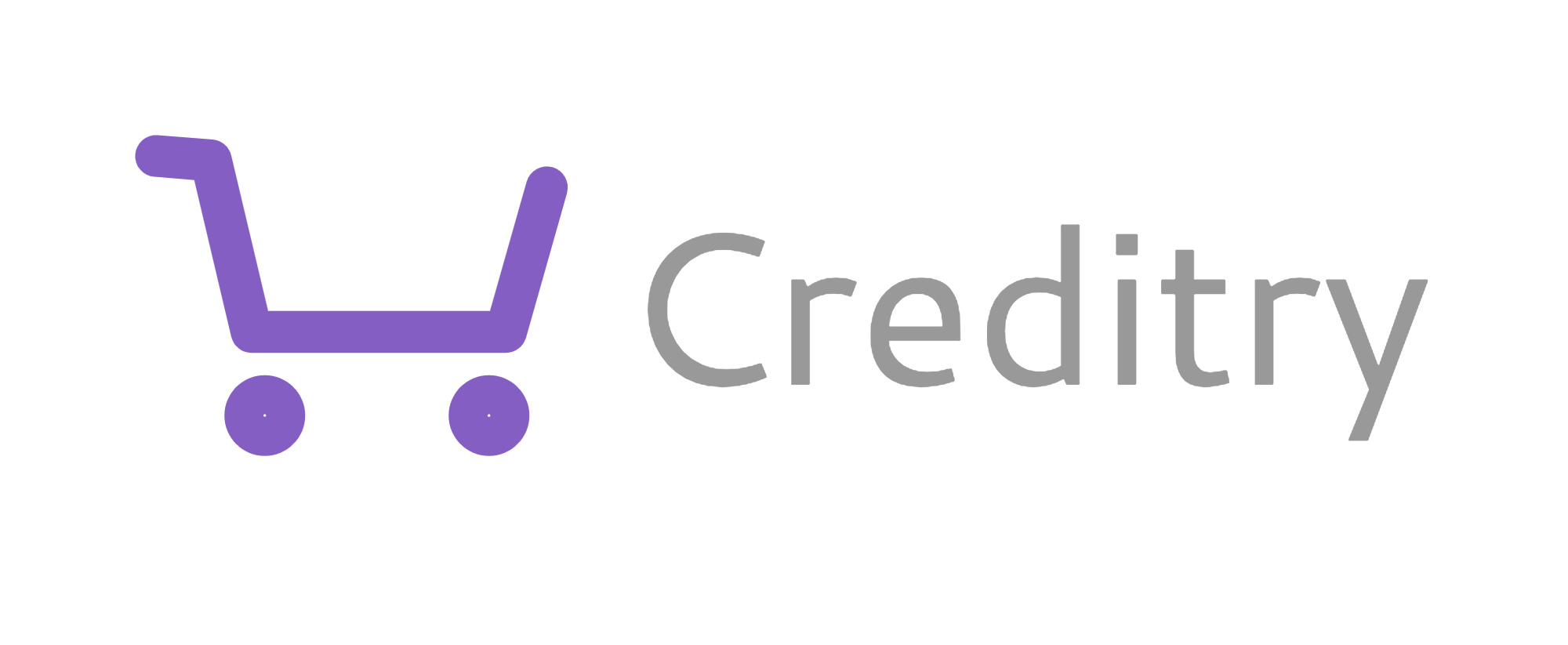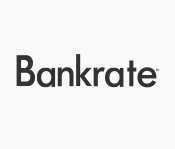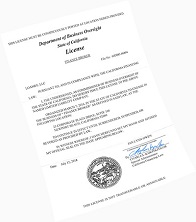Overview: Coming to Terms
Short term business loans are helpful when covering unexpected business costs where funds are needed quickly. Whether you need to make an emergency payout, buy replacement equipment, or put on a sudden event, a short-term business loan can provide the necessary capital. As the name suggests, short term business loans are generally set up to be repaid over relatively brief time periods – from six months to two years on average. There are many different types of short term business loans available, depending on your needs and circumstances. Often, they’re the same as most long term small business loans other than having lower amounts available and shorter repayment schedules.
Term Loans – These are the most familiar type of loan for most people and carry the most typical business loan terms. Your business receives a lump sum up front to be repaid on an established schedule (usually monthly) until paid in full. Interest rates are typically fixed, so the payments are the same each month and easier to budget for. Funds may be used for just about anything your small business needs, making small business term loans a particularly flexible option in a wide range of circumstances. These are all generalities, and there are as many specific types of term loan as there are lenders and borrowers. Don’t assume every offer carries typical small business loan terms; always pay attention to the details before signing.
Equipment Loans – This type of short term business finance is designed specifically for the purchase of essential equipment. This often means lower interest rates are available, since the equipment acts as natural collateral for the loan, lowering the risk to lenders.
Lines of Credit – A line of credit (LOC) is one of the most popular types of short term business finance, even if it’s not set up specifically as “short term.” Your LOC operates much like a credit card, meaning you can use as much as required, whenever you choose, up to your pre-established limit. You only pay interest, however, on the amount you’ve actually used so far, and as you repay borrowed funds, they become available again for future borrowing. Often, minimum monthly payments are “interest-only,” making repayment the most flexible of all short term business loans.
Merchant Cash Advances – The merchant cash advance (MCA) relies as much on your business’s cash flow as it does your credit history. As the term suggests, this short term business loan is offered in exchange for direct access to a percentage of daily or weekly revenue, usually in the form of credit and debit cards. The money is automatically deducted from transactions utilizing plastic, making repayment both convenient and a bit out of your direct control once established. This allows flexible lengths of time for repayment, with less coming out when business is slow and more when it picks up. The convenience and flexibility is offset by this being one of the most expensive forms of short term business finance.
Invoice Factoring – Similar to MCA, “factors” (technically, they’re not “lenders”) buys a companies outstanding invoices at a discount and takes over responsibility for collections. The company gets necessary cash quickly and the factor makes a profit as invoices are paid.
Invoice Financing – A variation of factoring in which an actual loan is provided with repayment guaranteed by the borrowing company’s outstanding invoices. The invoices themselves, however, remain the property of the small business doing the borrowing.
Almost any form of small business financing can be a short term business loan based on the amount borrowed and the repayment agreement, including SBA loans, small business credit cards, or ever personal loans used for your small business.














